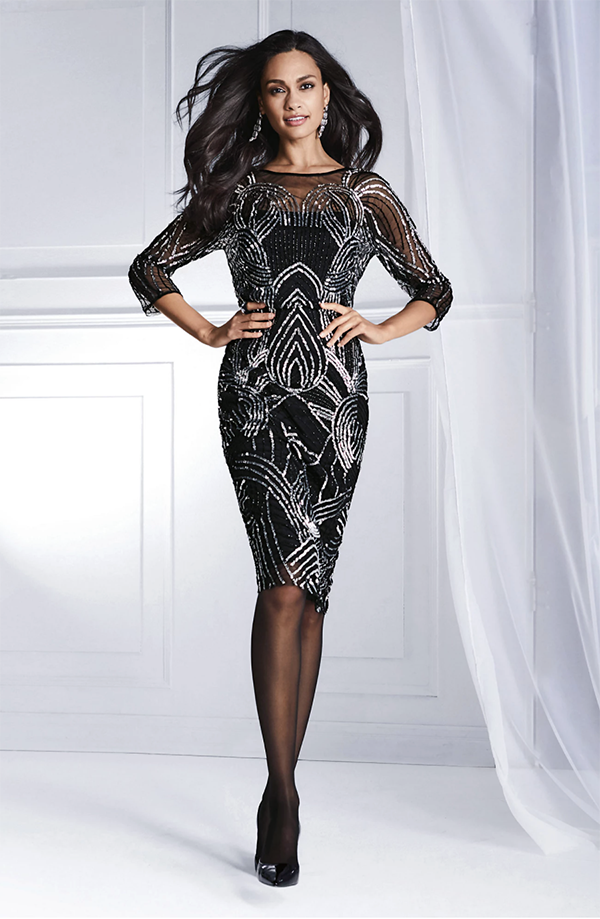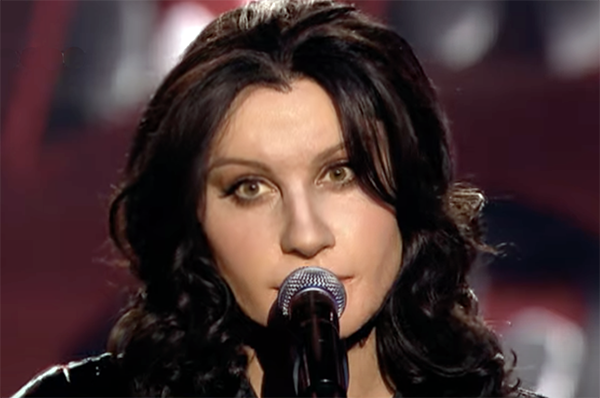By GinaI recently read there is currently a ruckus going on in the rugby world, as a result of transgender players being informed by the sport’s ruling body that they cannot take part in the women’s version of the game. That gives me an opportunity to look at similar situations over the years, where the sporting status quo has been changed as a result of developments in the greater scheme of things:
When talented amateur tennis player Dr Richard Raskind had Gender Reassignment Surgery in the 1970’s, as Renée Richards (s)he she put the cat amongst the pigeons by entering women’s professional tournaments. Along with other physical advantages, at over 6 feet tall she had a head-start over most of her rivals (ho ho). In the end her advanced age did for her as a singles competitor (her male peers had long-since retired), and as such she failed to give the likes of Chris Evert and Martina Navratilova sleepless nights. But suppose she had been in her physical prime, where as such she might well have blasted them into oblivion? And despite her belated entry into the arena, she still managed to reach the ladies doubles finals of a major tournament (where ironically one of her genetic opponents was nearly as tall and physically-imposing as she was)!
When I was in my mid-30’s I considered myself to be a decent badminton player, if a somewhat rusty and out-of-shape one at that point. As such I challenged a teenaged female acquaintance of mine who had already played at regional if not national level to a match. I couldn’t beat her, but once I got her gauge managed to take one game to a tie-break. Which makes me wonder in retrospect how I might have fared had I taken the same route as Ms. Richards? To put that in context: a few years later I joined a local club a few years later and my form and fitness improved as a result. But as a male player, I still less chance of being picked for the club’s league team than flying to the moon.

The point I am trying to make from the above examples is that once the goalposts are moved, then in sporting terms it can lead to a “cuckoo in the nest” syndrome. In terms of transsexualism I would say that is particularly prevalent, as nowadays not only are GRS procedures far more commonplace, but many parts of the world are now also comparatively more tolerant of transpersons than before – even those who have not gone “all the way”. Another sign of the times is that many women now compete in sports such as football and rugby (even at a professional level in some cases) that were previously exclusively a male preserve, and it seems that some younger transsexuals want a bite at that cherry too.
For what it’s worth: even if I were a sportingly-gifted transgender woman in my physical prime, I would not be interested in participating at a professional sporting level with the bio variety.* For one thing, you can be assured that any plans to merge seamlessly into society as a female will go completely down the toilet. Plus I really do not think it is fair on genetic women anyway. But perhaps as a result of being more high-profile now (not to mention more lucrative!), it seems many disagree.
So does that mean it should be accepted that trans women compete against those of the genetic variety? Presumably due at least in part to the easy availability of processed food and fitness clubs these days, the latter are physically bigger and stronger than their forebears (in my youth I was considered to be of average male height, but these days am probably now more-akin to average female height!). Yet despite that, it wouldn’t surprise me if they still lost out in an arm-wrestling contest to a transsexual gobbling down hormones like a corn-fed chicken.
Getting back on track: of course the debate also rages on over genetically intersexed athletes cleaning up in the female middle-distance events these days, with the sport’s authorities trying to impose a testosterone-limiting regime on those concerned in order to avoid making it a procession and thus a mockery. So bearing all the above in mind: should there now be a third “inbetweenie” gender classification in professional sport? If so, then perhaps the athlete formerly known as Bruce Jenner might be tempted to come out of retirement?
* On a “friendly” amateur level, as a transgender sportsperson I would derive far more pleasure from beating a man at badminton than a woman!
 |
| Source: Rue La La |
 |
| Arsenio Hall femulating in the 1988 film Coming to America. |




















































